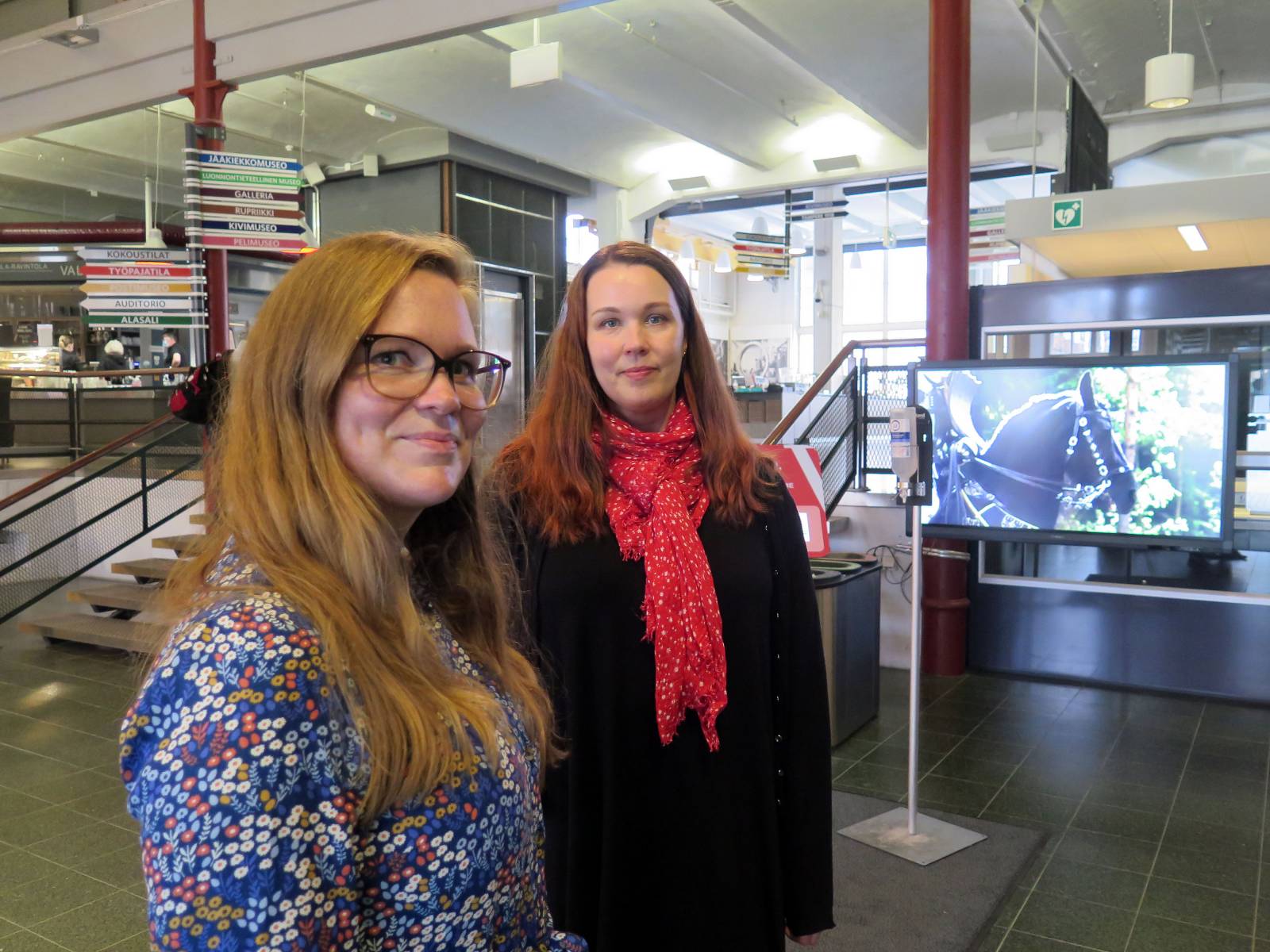Academy research fellow Johanna Annola has previously been working in HEX as postdoctoral researcher. She has been interested in poor relief institutions, marginalized women, and grassroots level social mobility. She has also led a Nordic project Cleaning Up the North, which discusses the connection between cleanliness, work, and gender from a Nordic point of view. The outcome of the project, an edited volume titled Med tvål, vatten och flit: Hälsofrämjande renlighet som ideal och praktik ca 1870–1930, will be published in Sweden this autumn.
Johanna says that she has always been intrigued by questions such as “What was it like?”, “Can we know this?” and “Did individual experiences bring about changes in society?”. Therefore, Johanna sees it only natural – and at the same time very fortunate – that she should find herself in a research environment that focuses on experiences.
In her new project, Lived, Layered, Locked Up: Rethinking Women’s Prisons in Finland in the Long Nineteenth Century, Johanna studies Finnish women’s prisons. More precisely, she looks at the ways in which women’s prison was produced as a layered space. “This means that I will analyze how the gendered aspects of discipline manifest, first, in contemporary penal ideology; second, in socio-spatial prison practices; and third, in the spiritual and corporeal experiences of the occupants of prison space. It is my intention to use the history of experiences as a theoretical framework to understand change in the production of prison – and in society at large”, Johanna explains.
Postdoctoral researcher Katariina Parhi joined HEX in September 2021. Before she worked as postdoctoral researcher at the University of Oulu. Katariina is specialized in medical history and she describes herself as “historian of science and ideas with a firm interest in social history and criminology”. In Oulu Katariina worked in a project titled Lives over time, which charted the history of birth cohort studies and their role as a form of scientific knowledge-production. Together with her former co-workers, Katariina is editing a book titled Historical Explorations of Modern Epidemiology: Patterns, Populations and Pathologies (forthcoming in 2022). She has also worked on the history of the diagnosis of psychopathy in Finland, and is writing a book about the treatment methods of drug-using young people in Finland in the 1960s and 1970s.
Even though Katariina has thought a lot about patient experiences while working with her earlier projects, Katariina´s HEX project, Working for moral improvement: Correctional labor facilities in Finland, 1920s–1980s, differs a little of her earlier research which has focused more on the history of science. She describes the history of experience as a new exciting field of study for her: “Although my new project will shift from the history of science to social history, I am hoping I will learn more about the role of experiences in science. Perhaps this is something I could focus on some day in the future!”
When talking about working in HEX Johanna and Katariina both emphasize the importance of variety of research topics and time periods and most of all the collaboration with other researchers exploring the history of experience. Katariina, as a new member of HEX, also welcomes the change of working environment and recommends it to all researchers from time to time: “On a more general level, I think it is useful to work in different research environments. Welcome to visit Oulu!”, she concludes.


